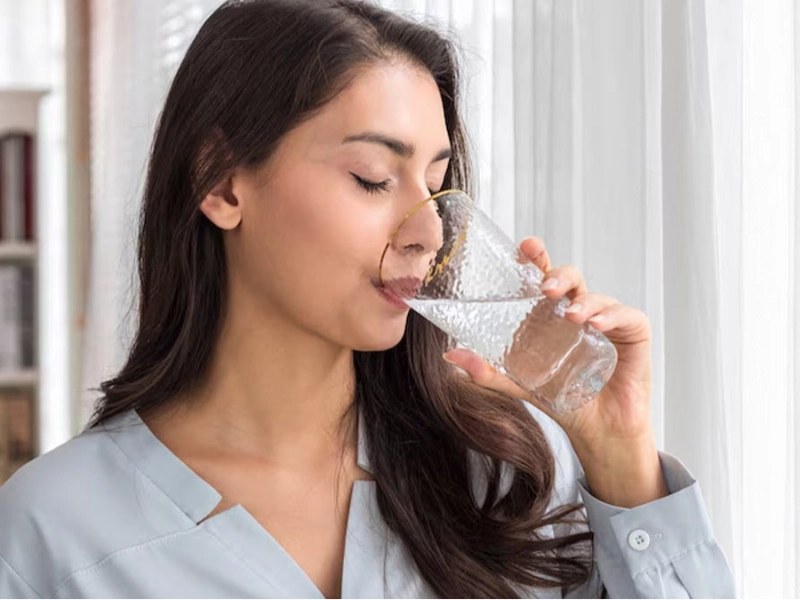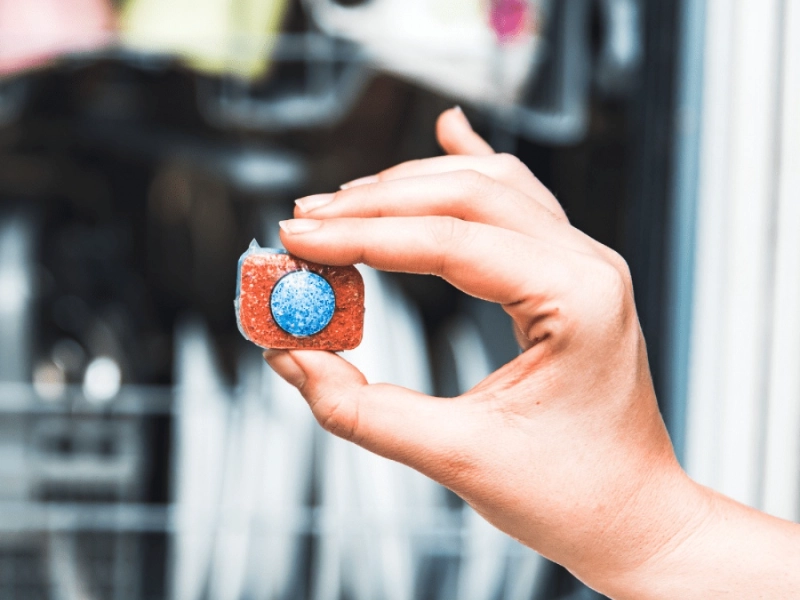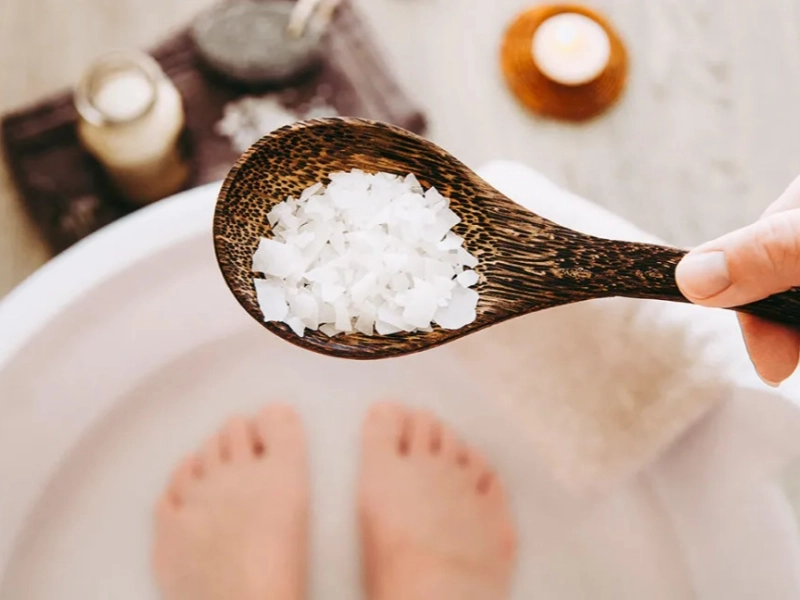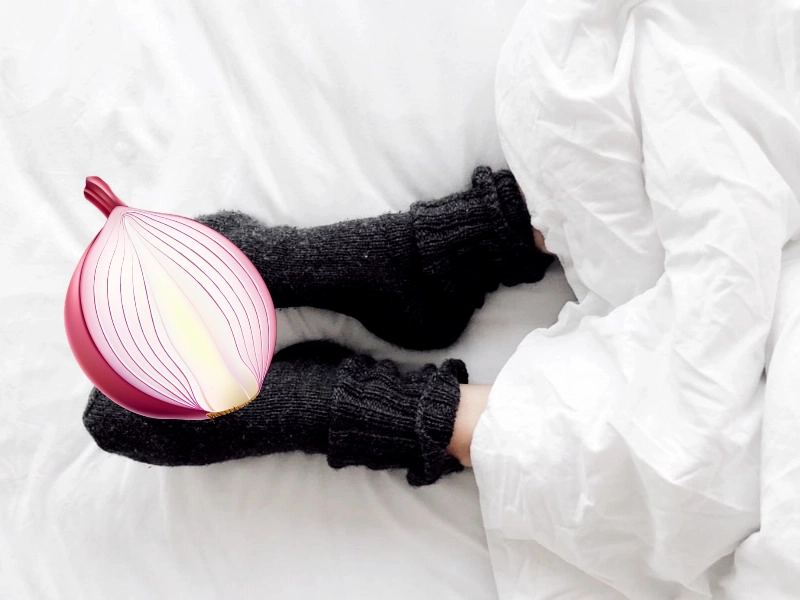Forget 8 Glasses: The New Rule for Staying Hydrated
Advertisement
We have been advised for decades to keep hydrated by drinking eight glasses of water a day. Recent studies, however, point to this one-size-fits-all strategy might not be the greatest way to keep ideal hydration. This post investigates the new, customised guidelines for maintaining hydration, dispelling conventional wisdom and offering doable, scientifically supported recommendations for making sure your body gets the fluids it needs. Find out how diet, climate, and amount of exercise affect your hydration requirements and learn creative ways to keep your body well-hydrated all through the day.
1. The Myth of 8 Glasses: Why One Size Doesn't Fit All

Advertisement
For years, the conventional wisdom about health has been based mostly on the admonition to drink eight 8-ounce glasses of water daily. This simple formula, however, ignores the complexity of human physiology and the several elements influencing our hydration demand. Though its source is unknown, this myth might have resulted from oversimplification of scientific results or a misreading of dietary recommendations. Actually, our bodies are rather clever in terms of controlling fluid balance; moreover, our hydration requirements differ greatly depending on individual and even daily.
Determining how much fluid a person requires depends critically on body size, activity level, environment, and food. A small office worker in a temperate region, for example, will have quite different water needs than a tall athlete practicing in a hot, humid surroundings. Furthermore, our daily fluid consumption is much influenced by the food we eat; many fruits and vegetables have great water content. Someone who eats a diet high in these items could thus have to drink less water than someone whose diet mostly consists of dry, processed meals.
Furthermore, the body's thirst mechanism is a well advanced system meant to preserve ideal hydration. Our brain sets off the sensation of thirst when we start to become even somewhat dehydrated, which drives us to drink. Often more precise than any outside guideline in gauging our fluid requirements is this natural regulating system. Often times, we may achieve our hydration needs by listening to our body's cues and drinking when we feel thirsty instead of following a strict eight glasses daily schedule.
Though rare, overhydration can also be rather harmful as compared to dehydration. Drinking too much water could cause a disorder known as hyponatremia, in which case the blood's salt concentration dangerously drops. This stresses the need of striking a balance and avoiding pushing ourselves to consume more than our body needs. Moving further in knowledge of hydration, it is obvious that a more complex, customised approach is required to guarantee best health and well-being.
Advertisement
You May Like







